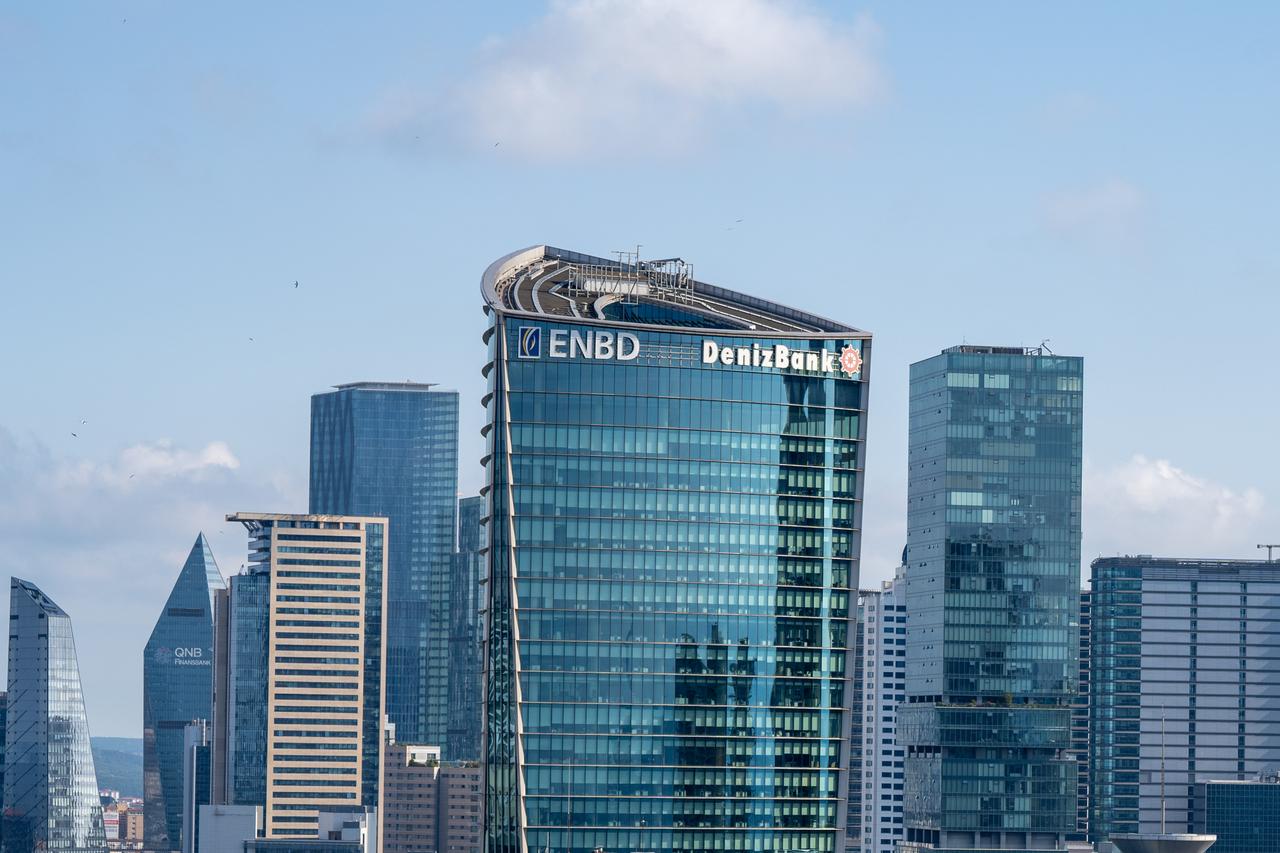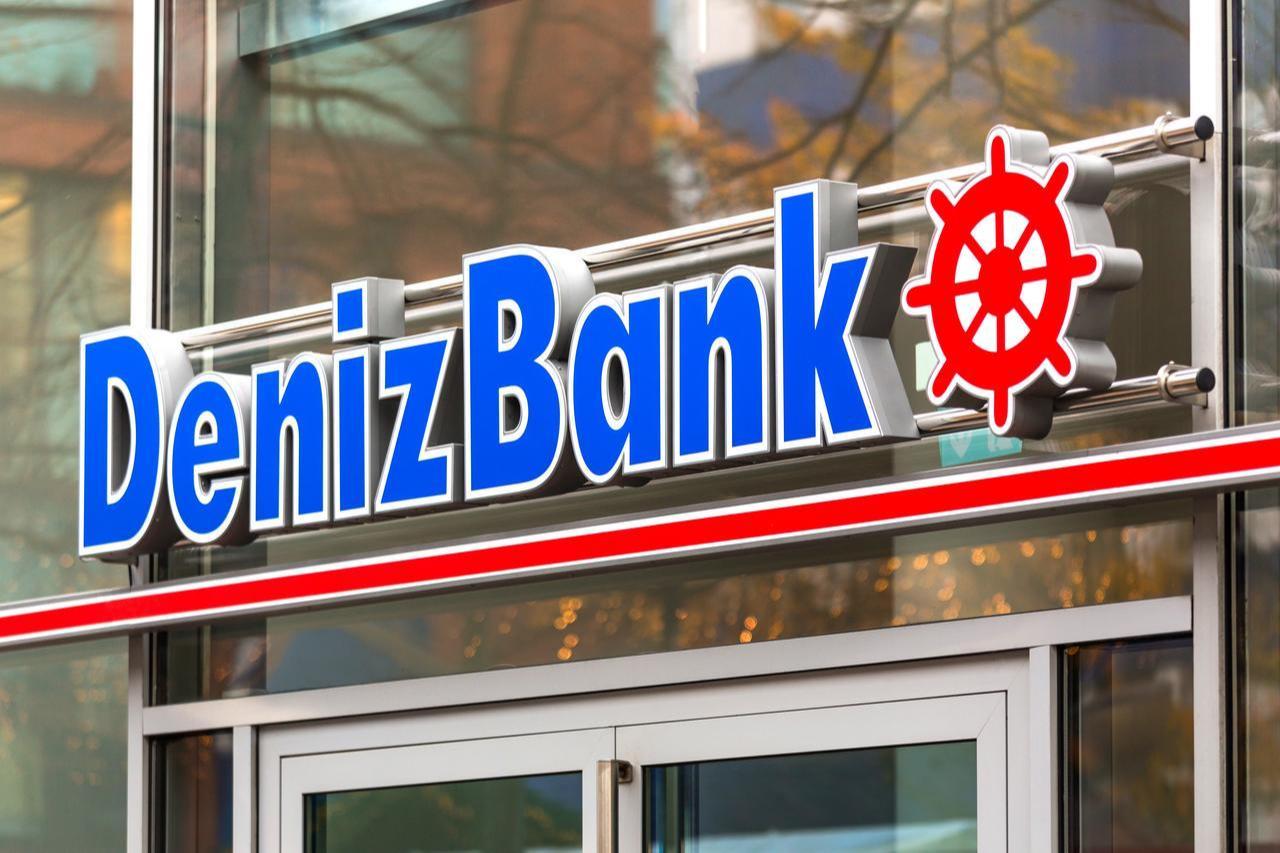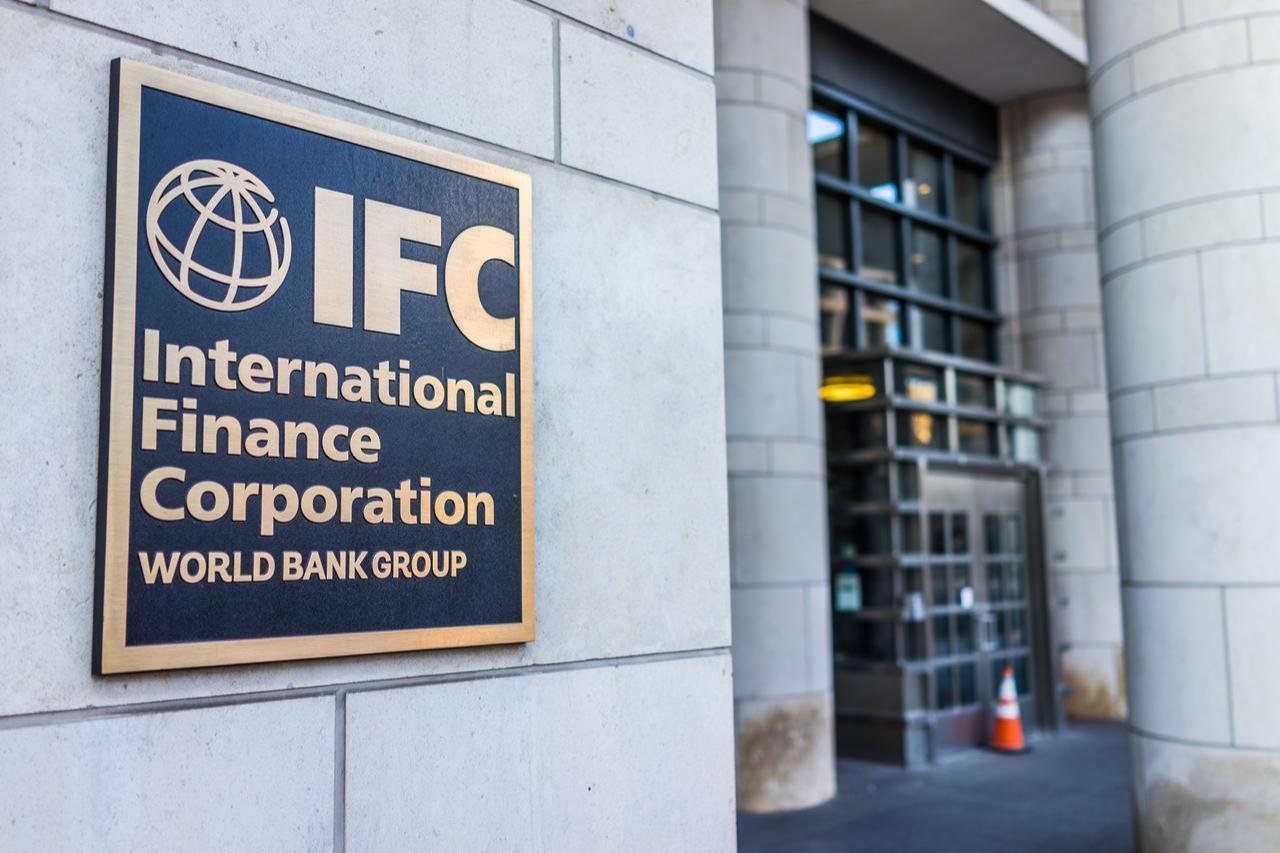
The International Finance Corporation (IFC), a member of the World Bank Group, has announced a $100 million anchor investment in DenizBank’s $270 million green bond issuance.
The five-year instrument is designed to accelerate financing for renewable energy, energy efficiency, waste management, circular economy initiatives, and other projects that reduce emissions and enhance climate resilience.
The deal expanded IFC’s portfolio in Türkiye, its third-largest globally, to around $5.8 billion as of September 2025, the corporation said.
DenizBank said proceeds from the bond will be directed toward projects that help businesses and households improve energy efficiency, reduce carbon output, and adopt adaptation measures to cope with extreme weather. The bank also aims to diversify its portfolio away from carbon-intensive sectors such as fossil fuels and heavy industry.
Bora Bocugoz, DenizBank’s Executive Vice President for Treasury, Financial Institutions and Investment Group, said the bond reflects the bank’s role in mobilizing long-term financing for Türkiye’s low-carbon transition. He underlined the risks of extreme weather, water scarcity, and biodiversity loss, adding that the proceeds would support projects that address both environmental and economic vulnerabilities.

The IFC emphasized that the initiative goes beyond financing by shaping economic pathways. Wiebke Schloemer, IFC Director for Türkiye and Central Asia, said the investment strengthens climate resilience while fostering job creation across sectors.
She noted that sustainable finance can support inclusive growth by directing capital toward projects that improve both environmental outcomes and employment.
"By investing in DenizBank’s green bond, we are mobilizing resources for Türkiye’s transition to a low-carbon economy where sustainability and job creation go hand in hand," Schloemer said.

Türkiye has pledged to achieve net zero emissions by 2053 in line with its commitments under the Paris Agreement. According to the World Bank Group’s Country Climate and Development Report, reaching this goal will require an estimated $165 billion in investment between 2022 and 2040.
The IFC-DenizBank partnership contributes directly to this agenda by channeling private capital into sectors critical for the energy transition.
The transaction supports the World Bank Group’s Country Partnership Framework for Türkiye (2024–2028), which prioritizes greening the economy, expanding inclusive services, and strengthening resilience, the IFC highlighted. It also aligns with IFC’s global mandate to expand sustainable finance in emerging markets by working with private financial institutions to reach small and medium-sized enterprises and local infrastructure projects.
DenizBank, founded in 1997, has been part of Emirates NBD since 2019 and operates 585 branches in Türkiye and Bahrain, plus 14 in Austria through DenizBank AG.
The IFC, the world’s largest private-sector development institution, operates in over 100 countries and committed $71.7 billion to companies and financial institutions in fiscal year 2025.